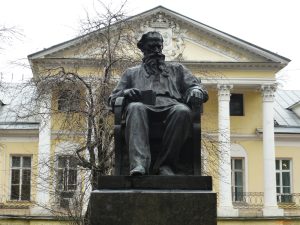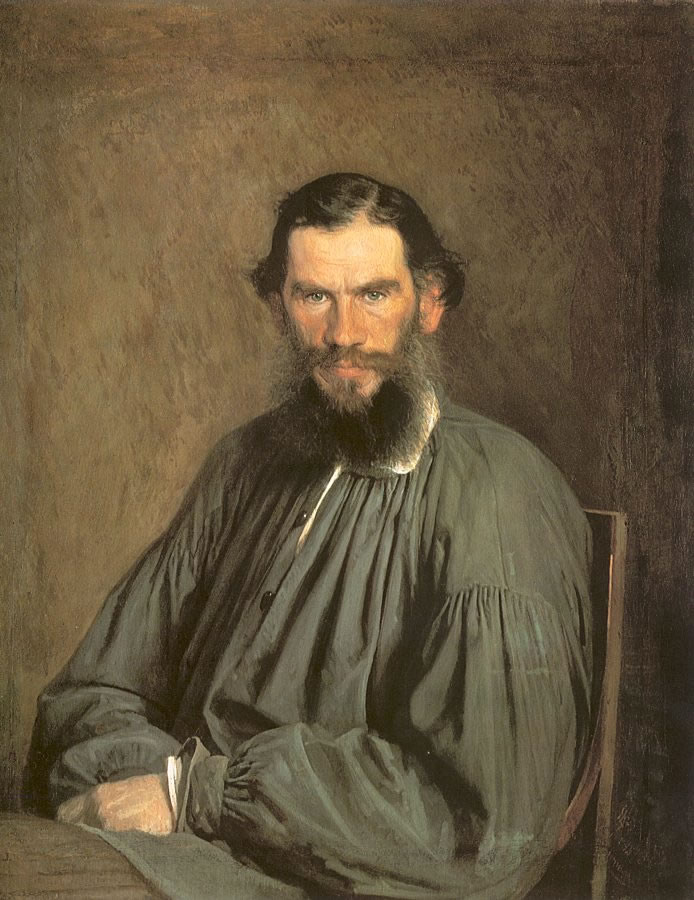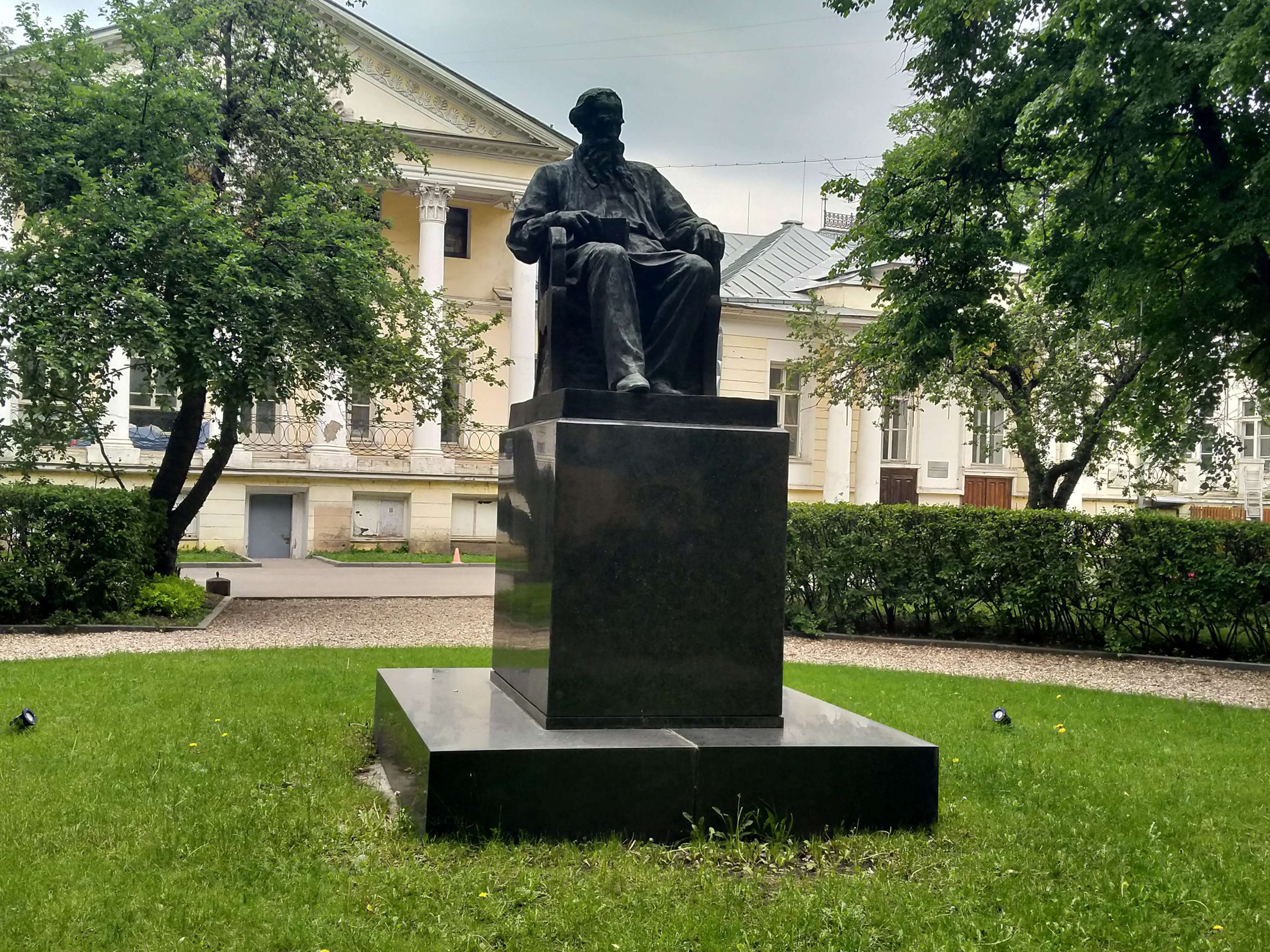Leo Nikolaevich
Tolstoy
1828-1910

Leo Nikolaevich Tolstoy was a great Russian writer and thinker, a participant in the defense of Sevastopol, a publicist, and a religious thinker. Corresponding member of the Imperial Academy of Sciences (1873), honorary academician in the category of fine literature (1900). He was born on September 9, 1828 in Yasnaya Polyana, Tula province, into a wealthy noble family. He lost his mother in early childhood. At the age of 15, L.N. Tolstoy entered Kazan University, where he studied Arabic-Turkish literature. In the autumn of 1851, he became a cadet in the artillery brigade. Participation in the Crimean War allowed L.N. Tolstoy not only performed military exploits, but also learned the tragedy of the war, which had a profound impact on his work. The creation of works such as “War and Peace”, “Anna Karenina” and “Resurrection” became the highest literary achievement of Leo Tolstoy. “War and Peace”, written between 1863 and 1869, received rave reviews and became one of the most significant works of world literature. Anna Karenina, created in 1873-1877, continued the theme of human passions and moral dilemmas touched upon by the writer. Internal search and philosophical reflections led Tolstoy to create a new religious and moral teaching, called “Tolstoyism”. During this period, Leo Tolstoy also wrote works in which he expressed his philosophical views, such as “Confession” and “Kreutzer Sonata”. In October 1910, having decided to live the remaining years in accordance with his beliefs, L.N. Tolstoy left Yasnaya Polyana and went on a journey. Suddenly ill, he stopped at Astapovo station, where L.N. Tolstoy left this world on November 20, 1910. His legacy remains not only in his works, but also in philosophical ideas that continue to inspire generations of readers. The memory of the great writer is preserved by a monument located opposite the famous Rostov House. This building served Leo Tolstoy as a prototype for the mansion of the heroes of his epic novel “War and Peace” and became one of the centers of literary life in Russia – during the Soviet period, the board of the Union of Writers of the USSR was located in the Rostov House. Currently, the Association of Writers’ and Publishers’ Unions of Russia (ASPIR) works in the Rostov House.
Address: Moscow, Povarskaya str., 55/52, building 1

